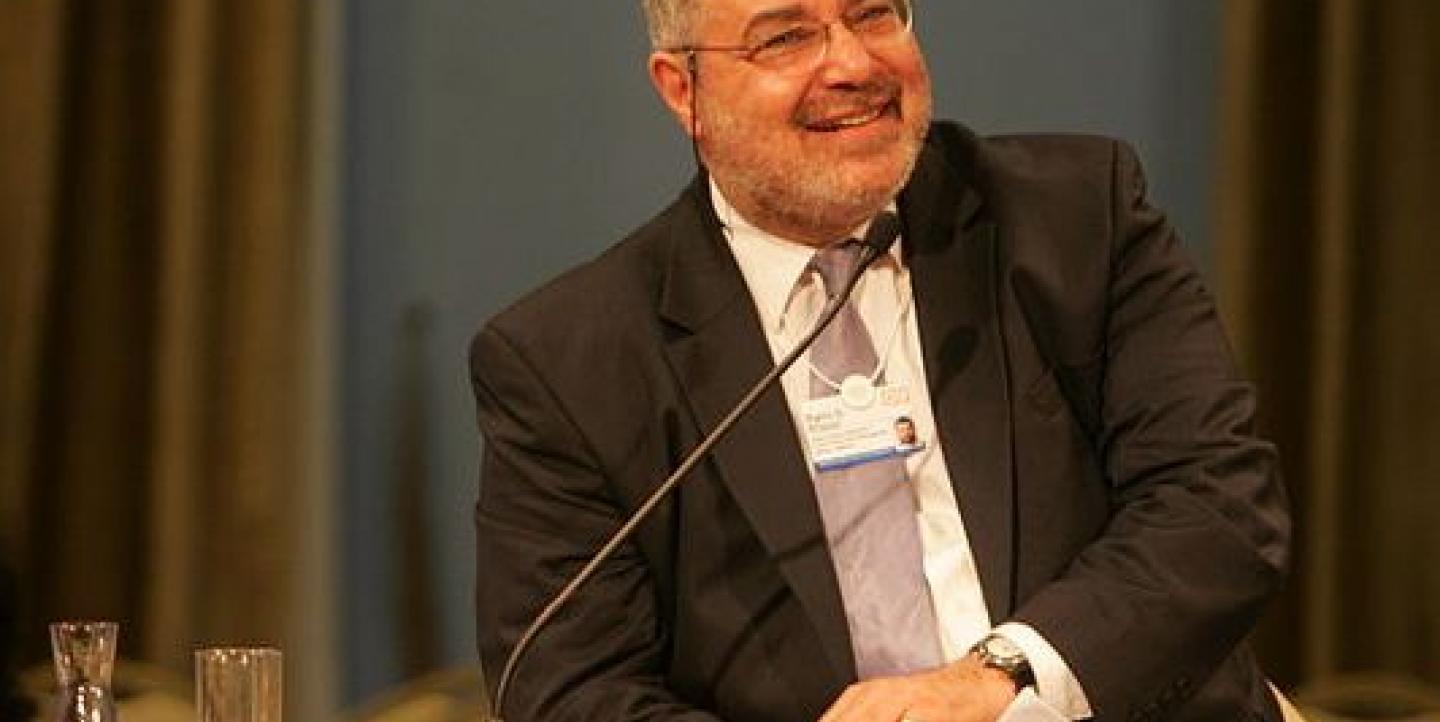As revolutions create a new political future for Arab countries, journalists have been trying to respond to the demand for reporting that people can trust.
The Nieman Reports, Nieman Foundation’s quarterly magazine about journalism, organized an evening of provocative analysis by front line journalists and keen observers to discuss how Arab press has been handling the tumultuous events.
The event, The Arab Press: Can It Keep Up With Political Transformations?, included Rami G. Khouri, a 2001 Nieman Fellow, who works at the American University of Beirut; Amahl Bishara, assistant professor of anthropology at Tufts University and Sabah Hamamou, deputy business editor at al-Ahram newspaper.
Khouri has been involved in news media in the Arab world for the past 40 years and writes a internationally-syndicated column with Agence Global.
Khouri said journalists in the region need to gain the public trust, underlining that Arab youth "have a little time and respect for their press.”
For example, according to Khouri, most of the international media work on Syria was just fact-checking what was published on social networks instead of providing real coverage of events.
IJNet attended the event online and asked Khouri via Twitter for tips on how to report from a country like Syria where reporters can't gain access.
Khouri’s tips were geared towards journalists reporting in countries with limited or no press freedom or press blockades, but the concepts apply to journalists everywhere.
1. Get back to the fundamentals of good journalism: Tell a good story accurately. Khouri criticized coverage of the Palestinian - Israeli prisoner exchange, saying that media tried to spin it as a situation with a winner and a loser. "Describing the prisoner exchange as a 'positive step' or a 'win-win situation,' is inaccurate - the news can't be judged in terms of weakness or strength,” he said.
2. Pick up the phone and call people: Don’t limit your coverage to news posted on social media. Make an effort to contact those people, even if you know who posted the news online.
3. Contact people who are leaving the country: Social media play a very brief role, real important information comes from meeting people face to face.
4. Be driven by the story idea, not by the market: "American media has done a lousy job of giving context on Middle East because it was market-driven," Khouri said. "If there is a demand, then reporting from Arab media will filter in."
Now that media and journalism have a chance to be viable industries, the Arab press needs to improve its work and re-identify itself to gain Arabs' respect, Khouri added.
You can read tweets from the event at #nrarabpress.

